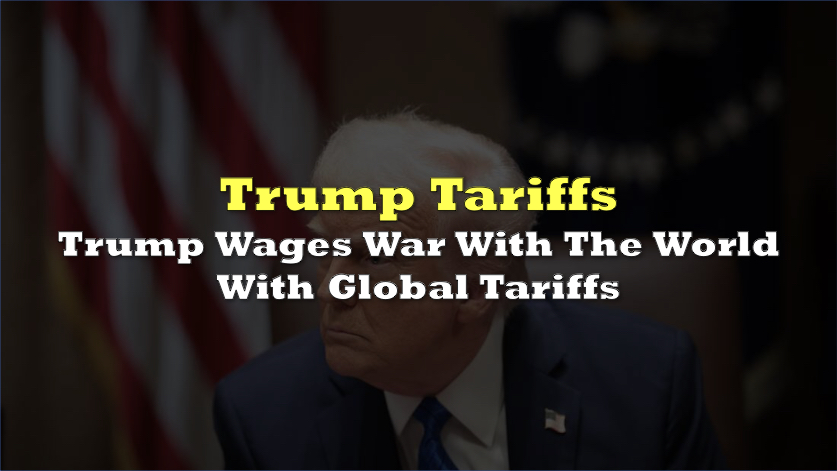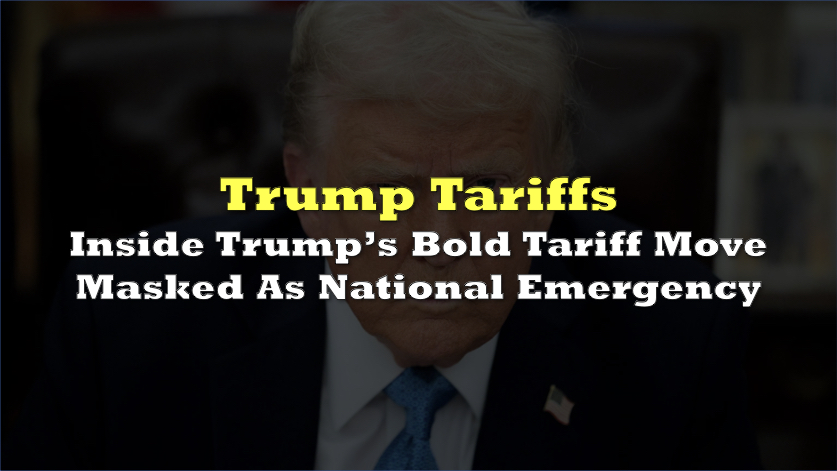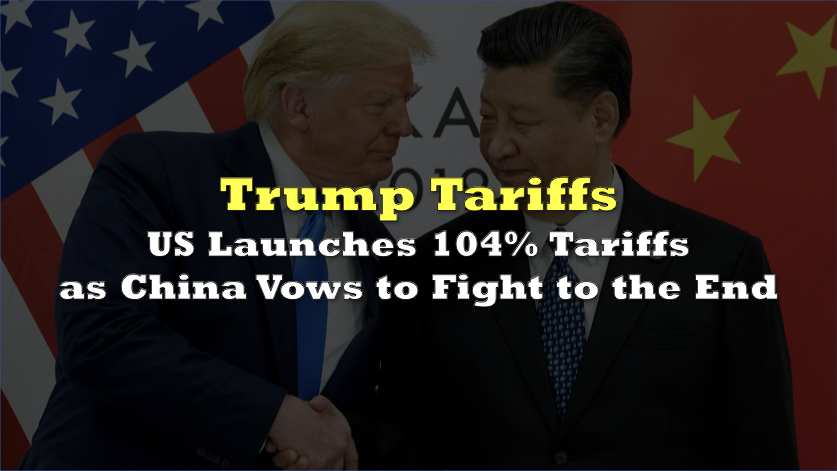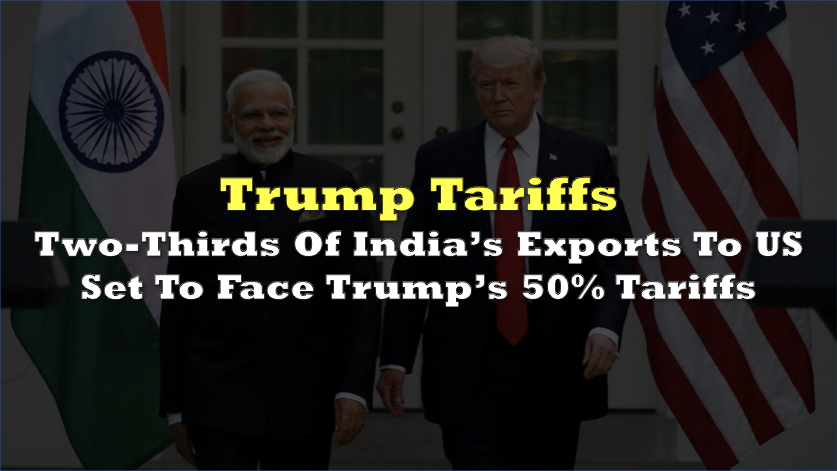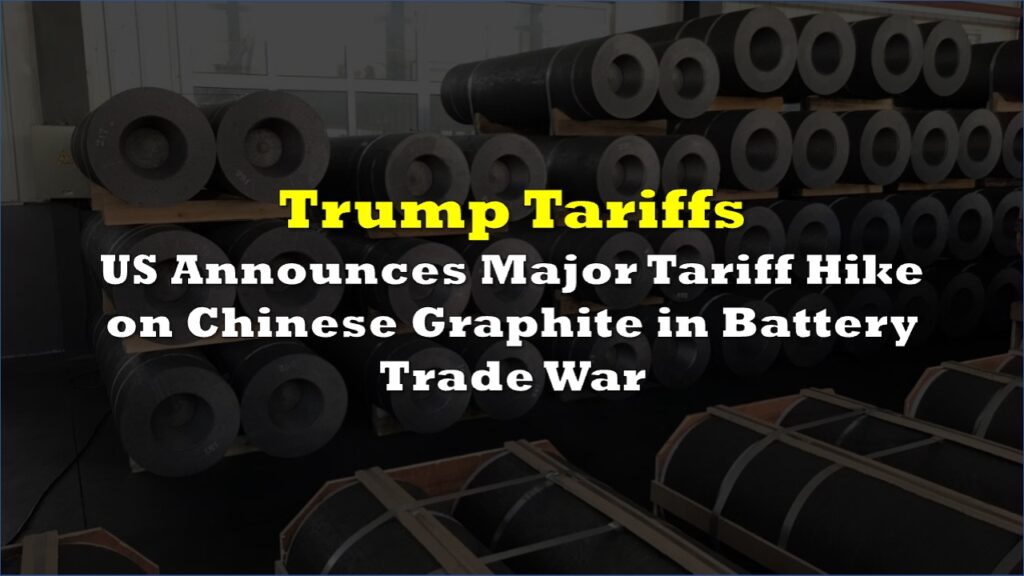President Donald Trump has imposed a sweeping set of tariffs that could fundamentally alter global trade. with the White House confirming that a 25% tariff on all automobile imports will take effect this week.
Trump described the decision as a key step toward “remaking the American economy,” insisting the measure will promote domestic manufacturing by pressuring foreign automakers to shift production to the US.
So last weekend's message (in Bloomberg, from the NEC I assume) was that the reciprocal tariffs wouldn't be as big or as broad as feared. This weekend's message (in the WSJ among otheres) is get ready for 20% …
— Brad Setser (@Brad_Setser) March 30, 2025
1/2 pic.twitter.com/uBWdxSRJ28
In an Oval Office address, the president indicated that no exceptions would be made for key US trading partners.
“If you build your car in the United States, there’s no tariff,” Trump declared, adding, “I hope they raise their prices, because if they do, people are going to buy American-made cars.”
The announcement startled global markets, sending shares of major automakers—including Stellantis, Ford, General Motors, and Tesla—tumbling in after-hours trading.
Prime Minister Mark Carney condemned Trump’s action as a “direct attack” on his country’s auto workers.
“We will defend our workers. We will defend our companies. We will defend our country. And we will defend it together,” Carney said, vowing swift retaliation.
The move caught many in the industry off-guard, as the new tariffs appear to override elements of the recently renegotiated Canada-US-Mexico Agreement, which had established threshold requirements on local content to qualify for tariff-free status.
The administration is said to be relying on the International Emergency Economic Powers Act—an unusual vehicle for imposing tariffs on a broad range of sectors. Critics, including Senator Tim Kaine, argue that the law was never intended to be used in a blanket manner against close allies.
“The IEEPA emergency [authority] is really designed to be used against enemies, bad actors, etc.,” Kaine told reporters.
Beyond autos, sources close to the White House say officials are weighing whether to introduce universal tariffs of up to 20% on all goods entering the US. This approach, which Trump has teased as a “reciprocal” measure, would target nations running a trade surplus with Washington.
Trump: Tariffs to commence with all countries worldwide, no exemption
— unusual_whales (@unusual_whales) March 31, 2025
Economists predict these sweeping levies could quickly escalate into a broader trade conflict, with trading partners such as the EU drafting retaliatory measures. Some analysts, including those at Goldman Sachs, say higher tariffs will weigh on consumer prices, forecasting an 11% to 12% increase in vehicle costs.
Information for this story was found via The Wall Street Journal and the sources and companies mentioned. The author has no securities or affiliations related to the organizations discussed. Not a recommendation to buy or sell. Always do additional research and consult a professional before purchasing a security. The author holds no licenses.

